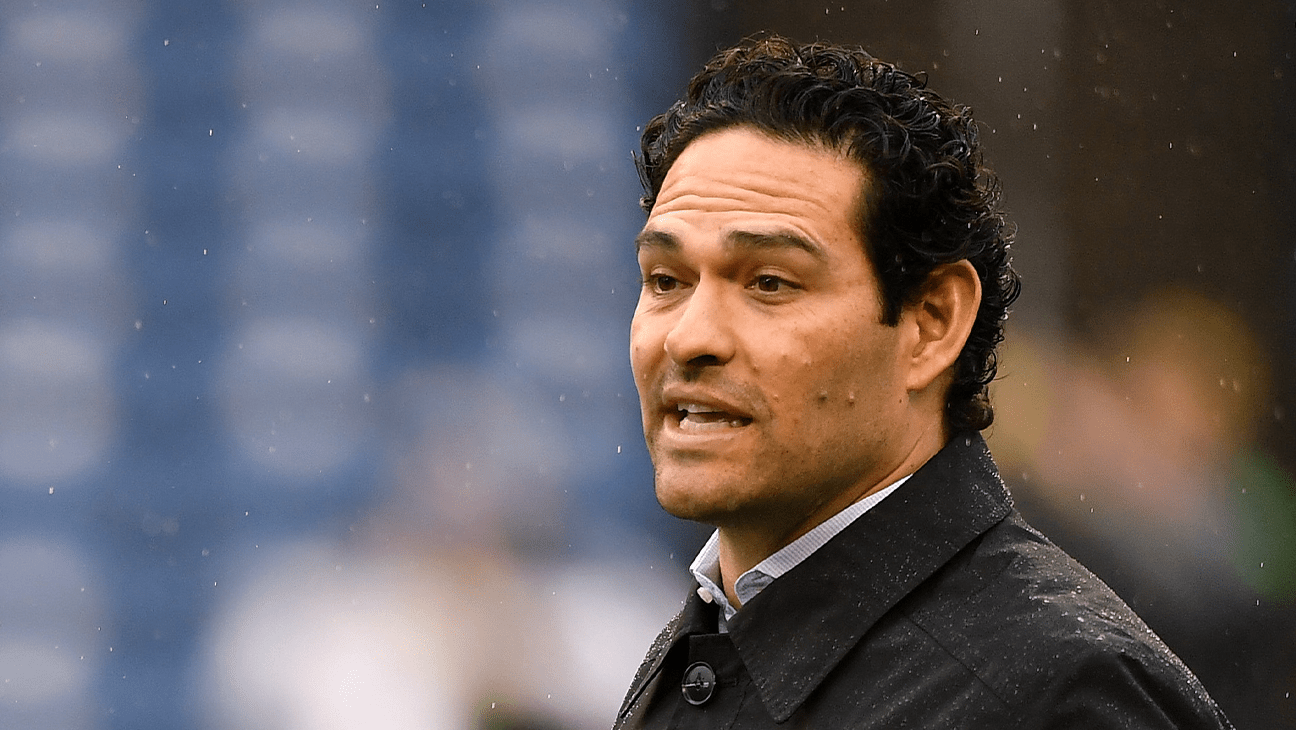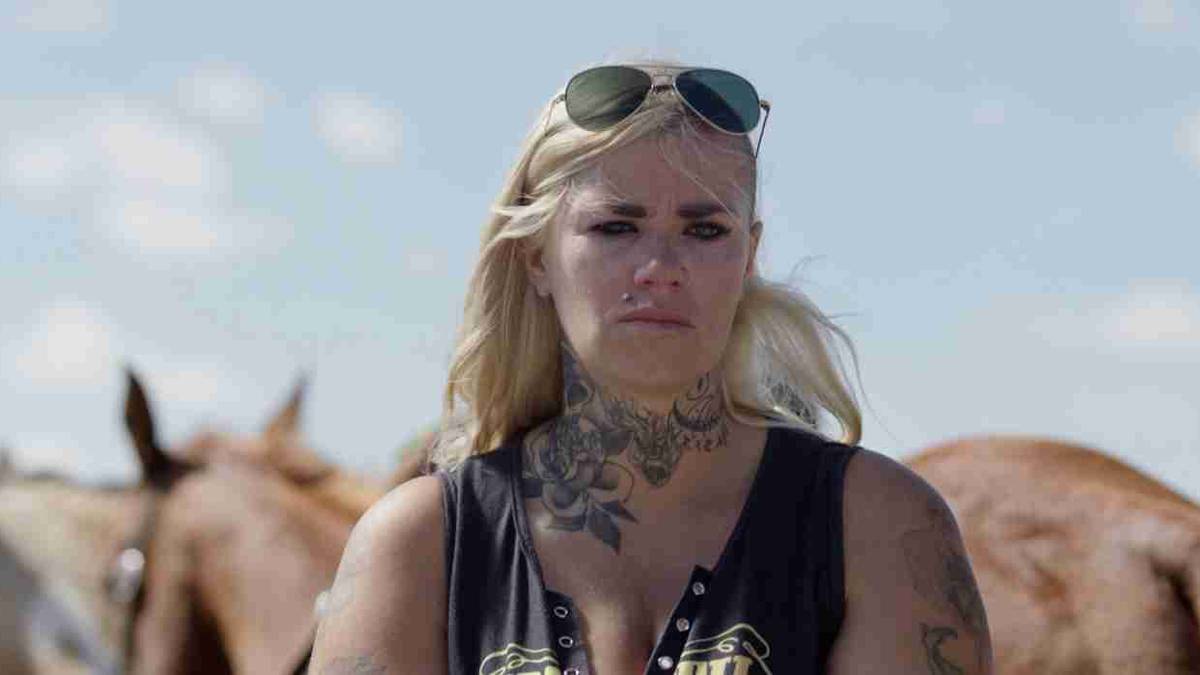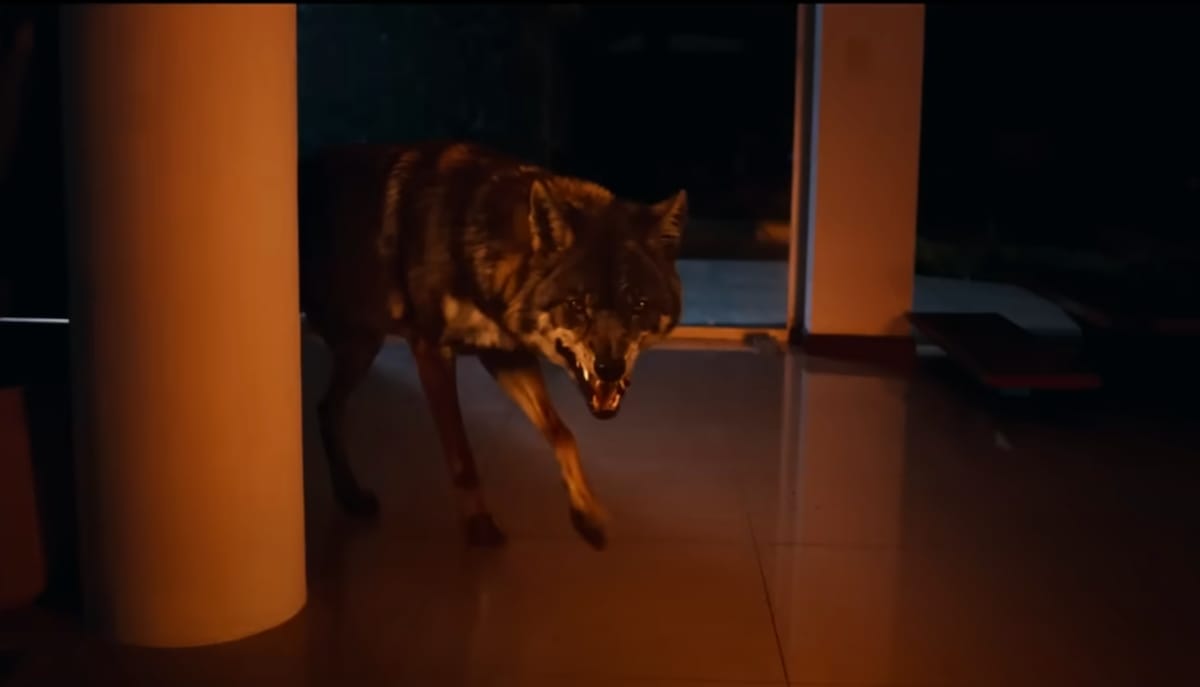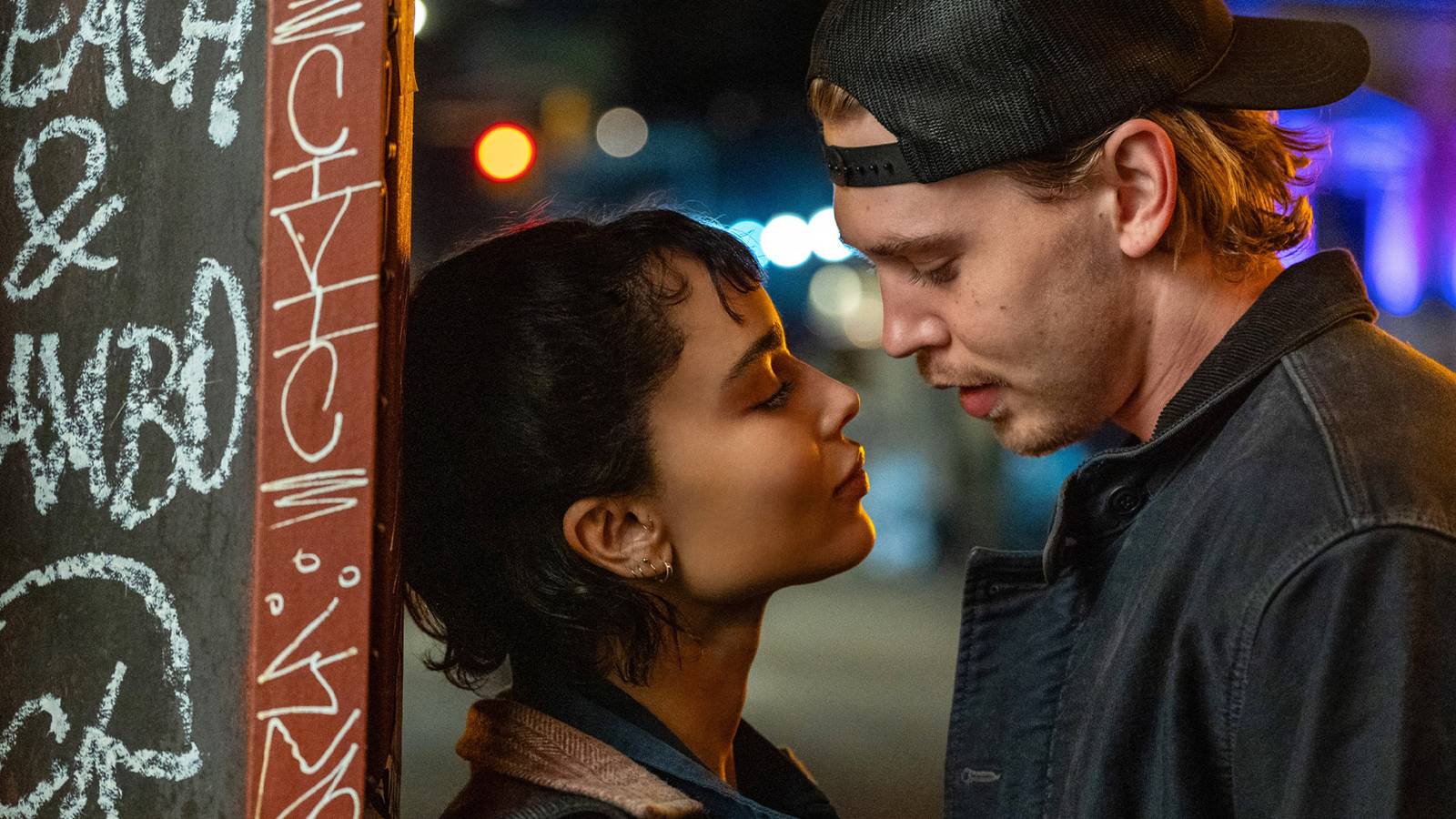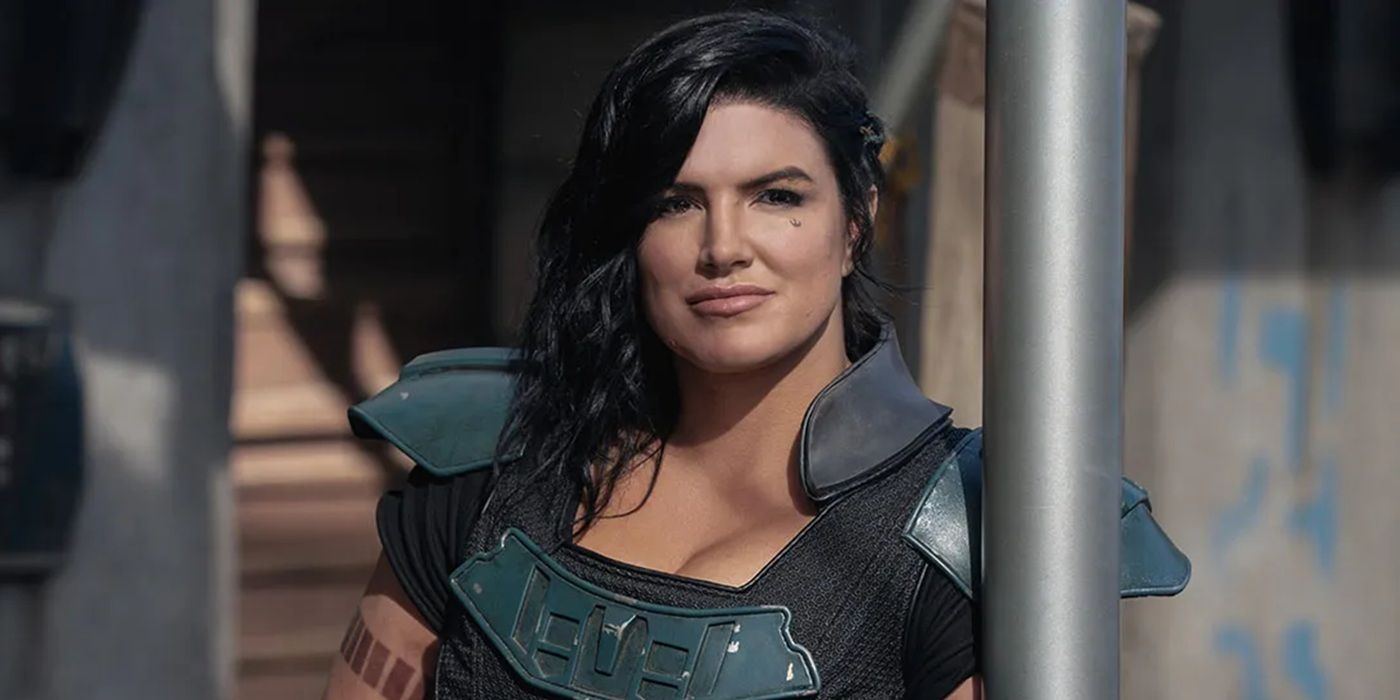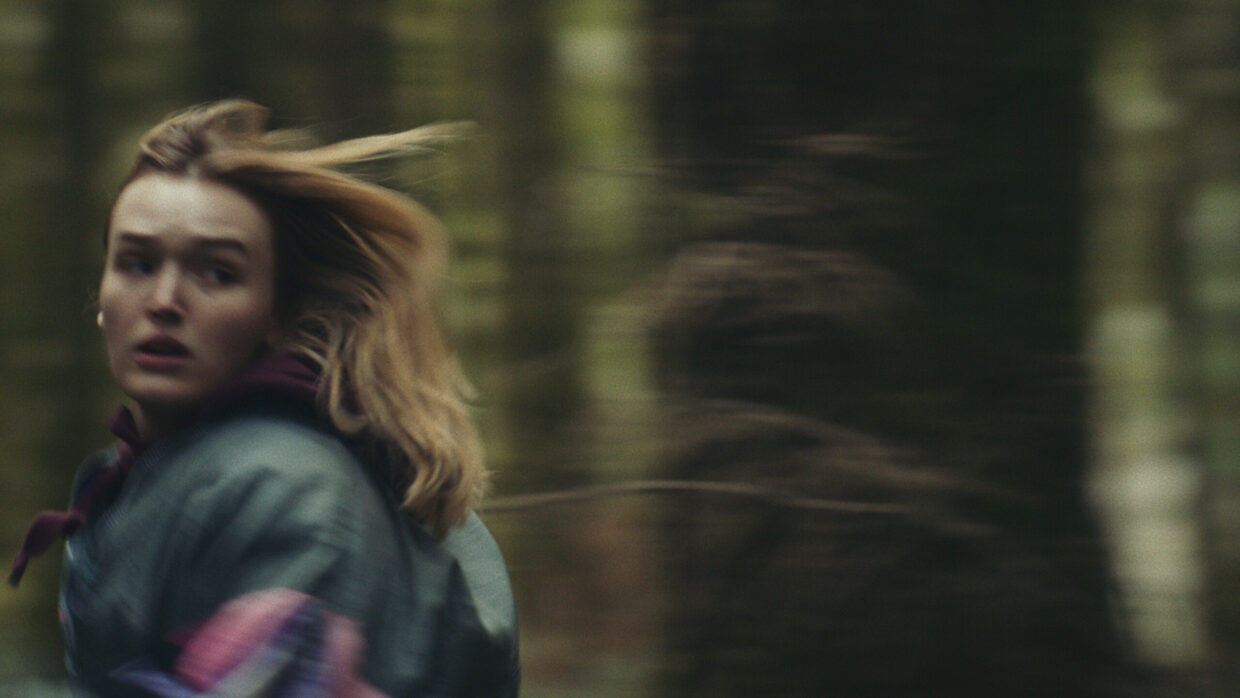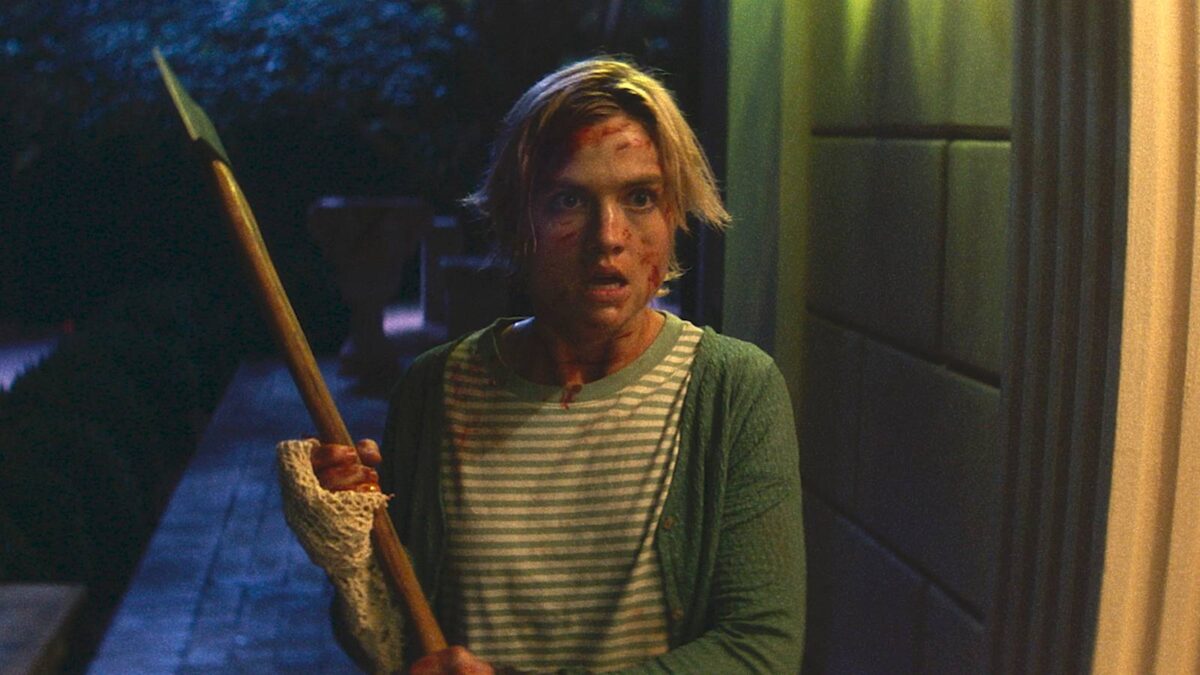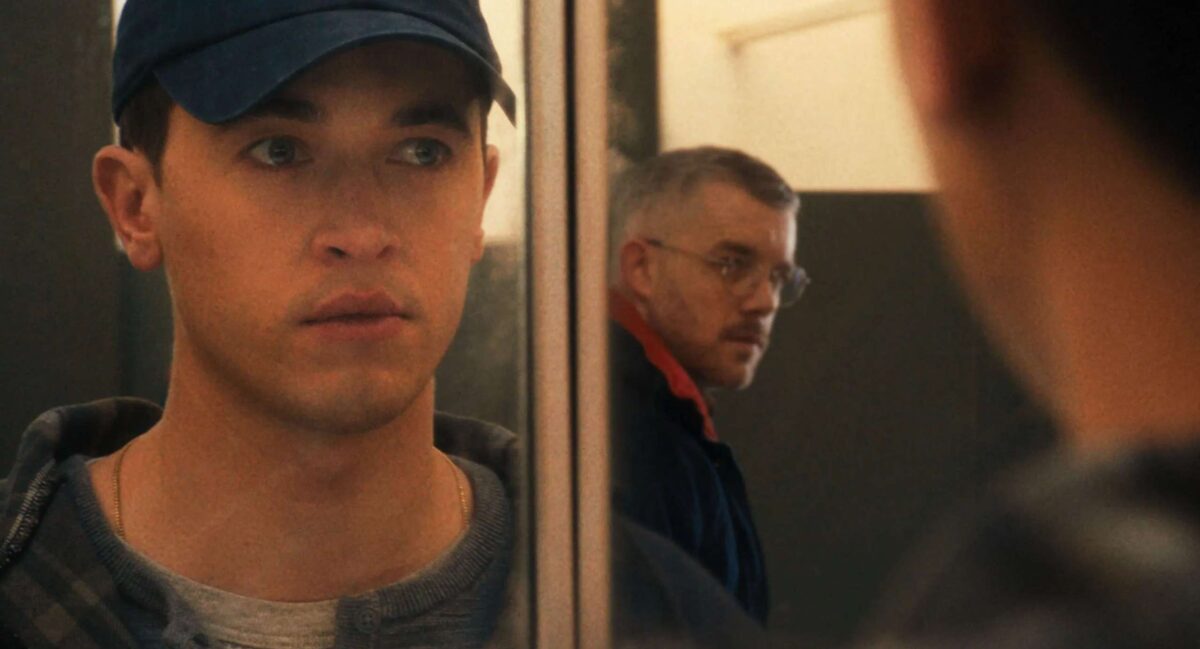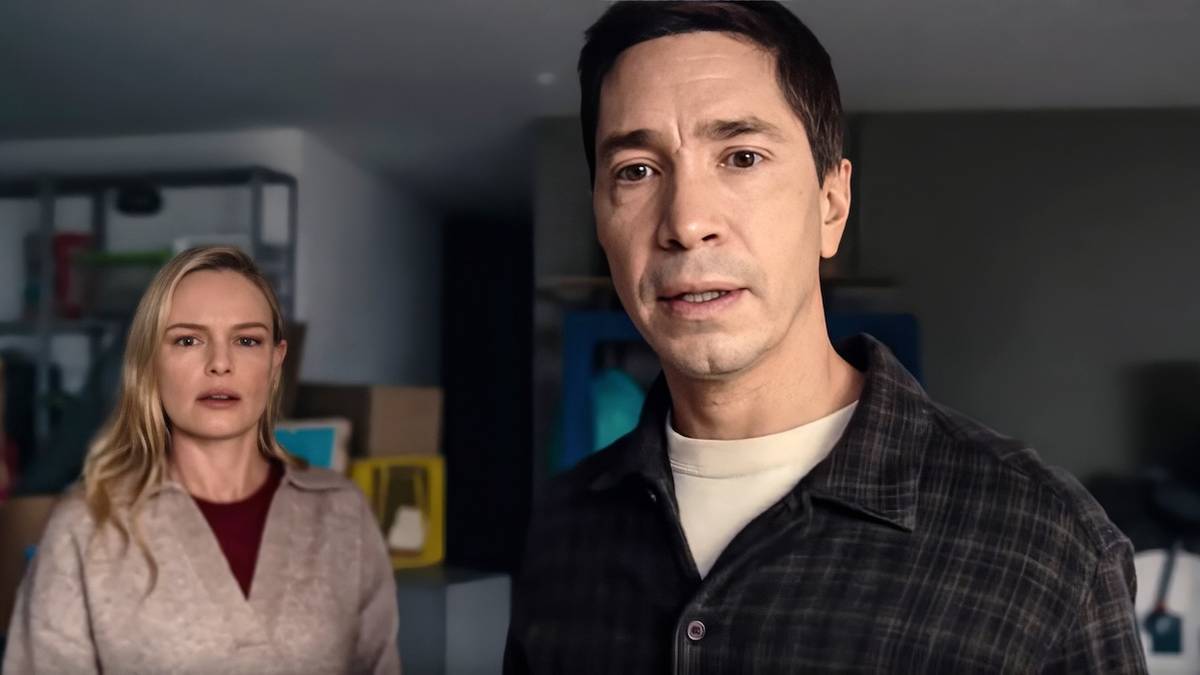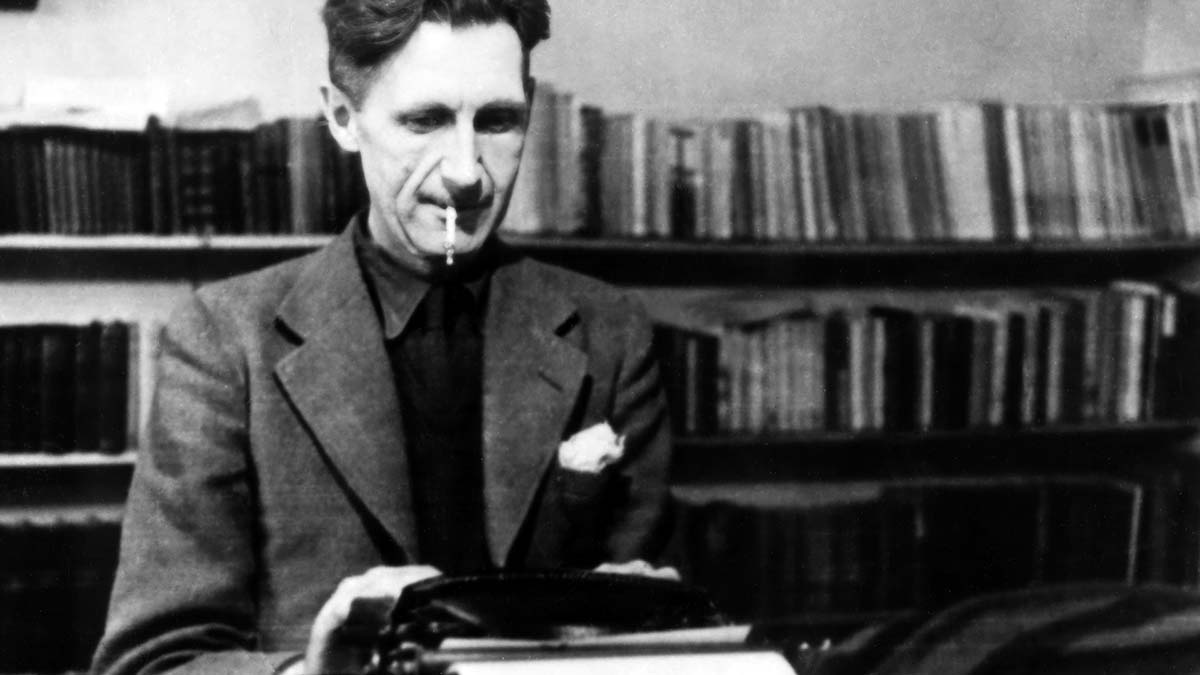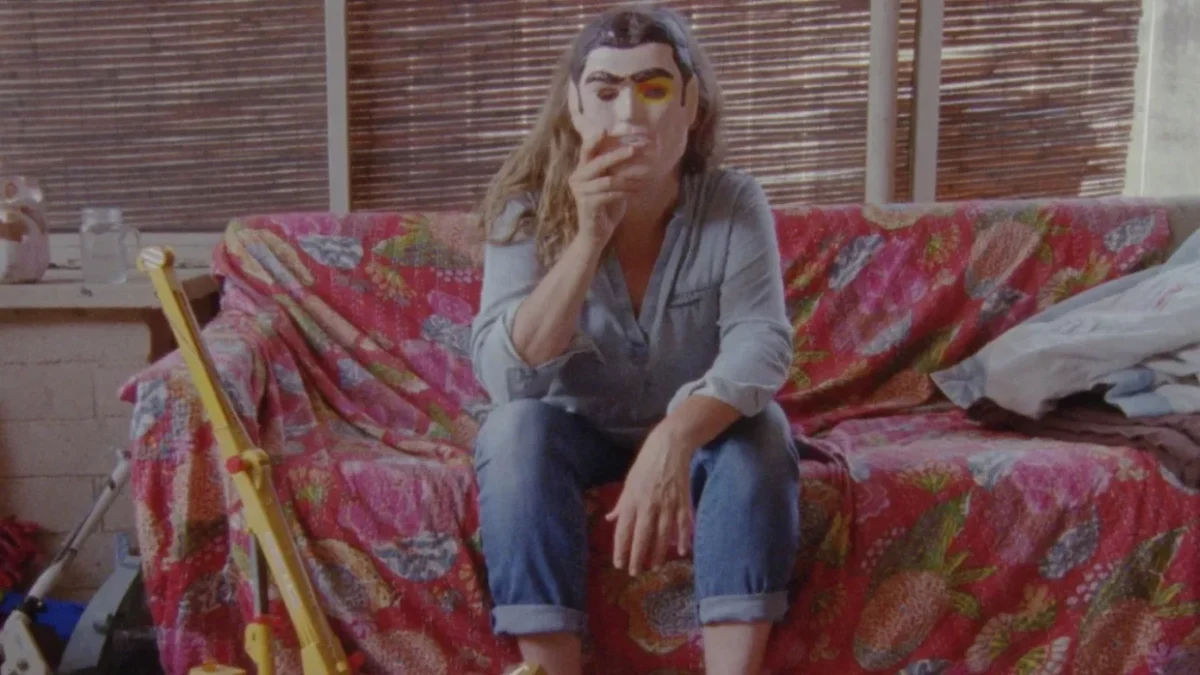
Lee Anne Schmitt on âEvidenceâ
Oct 5, 2025
Evidence
Documentary essayist Lee Anne Schmitt’s latest feature Evidence is, artistically speaking, both a concerted continuation and marked departure. On the one hand, it furthers her career-long penchant for braiding political rhetoric, environmental portraits and American mythology; on the other, it filters these observations through a distinctly personal lens, even featuring a rare on-screen appearance for the director.
The film opens with Schmitt showcasing an impressive collection of dolls, childhood gifts that her father brought back from frequent international business trips. Their national diversity and craftsmanship is impressive—most adorn traditional garb, some possess the ability to blink—yet they all translate the devotion of an otherwise physically absent father. However, Schmitt has more of a gripe with the company he was representing than the fact that he was constantly away. Her father worked as the head of international for the John M. Olin Foundation, a manufacturer of munitions and chemicals that has one of the most environmentally noxious legacies in American history. It’s been responsible for the poisoning of countless communities (notably those with large Black, Brown and impoverished residents), but beyond that, it’s also funneled money into a multitude of conservative causes (spurred, apparently, by Olin’s moral outrage over the student occupation of his alma mater Cornell in 1969). This long list of endowments includes efforts to appoint conservative Supreme Court Justices and countless texts that argue against equity itself, including the infamous Bell Curve.
Conspiratorial thinking, fascistic indoctrination and rampant scapegoating are currently emblematic of American ideals. Schmitt carefully traces Olin’s direct hand in orchestrating our current discontent on ecological and political fronts alike. Though replete with a wide variety of sources that support this thesis—which the filmmaker often cites by simply pointing to the excerpts of physical books that she’s underlined in pencil—the narrative is refracted through her own perspective, offering insight into her staunchly gendered upbringing and subsequently complex relationship with motherhood, the nuclear family, property ownership and patriarchy.
Schmitt and I spoke over coffee in Lincoln Center Plaza the day before Evidence’s final NYFF screening on September 30 at 4:30pm. Below, our conversation encompasses the origins of this years-spanning project; how the right “despises the self-esteem movement”; and working with her partner, musician Jeff Parker of the eclectic post-rock group Tortoise, on the film’s improvisational score.
Filmmaker: How long have you known that you wanted to make a film about the John M. Olin Foundation? What made this the perfect moment?
Schmitt: I don’t really think of it as a film about the John M. Olin Foundation. That piece actually came later. I knew I wanted to make a film that kind of picked up from my last film [Purge This Land] in certain themes. That film played with this tie between living within political spaces in a more personal way, and I knew I wanted to talk about this kind of encroachment. I knew I wanted to use these childhood objects. Out of that came the focus and the reading about this one foundation, which is sort of typical of an era. I don’t know if it’s even the beginning, but definitely a fulcrum of how corporate money was used to influence intellectual and ideological ideas. As I did research, I was like, “Oh, this is actually very coherent in terms of what they specifically funded.” But the beginning of the film was maybe six years ago when these objects came from my mom. I knew I wanted to do something about my childhood and the company was a big part of it. I looked at the EPA sites and then it expanded into how to talk about this other impact, which emerged over the five, six years I worked on it.
Filmmaker: So when you first decided that you wanted to make a film about the corporate funding of these conservative think tanks, your father’s relationship with the John M. Olin Foundation wasn’t at the forefront?
Schmitt: No. I mean, his relationship to his job and growing up in corporate America was, but not this specific relationship. But when I grew up, everything had “Olin” on it. We had notepads and tote bags, there were summer events and t-shirts. Everything was kind of branded. It was a huge part of his life, especially when he started traveling as much as he did. But the part of the film that I finished first was the family essay towards the end of the film.
Filmmaker: You began filming some of the landscape shots in 2019, but you’ve also said that the heightened domestic realm of the COVID lockdown caused some fundamental changes to the film. Can you elaborate on that?
Schmitt: My thoughts around gender and parenting have started since I met my stepdaughter and then had my son. I started the film like I’ve started my other films, which is through landscape. I did this trip to the industrial sites, I can’t remember exactly when, but it was right before COVID hit, maybe the winter before. I expected to continue more in that vein. Instead, I was home with these objects and at the same time my immediate family was very present in this sort of spaceship of our house. I just started filming. Being home, you get to know your house and the seasons of it very well. When you have a kid of that age — he would have been like eight at the time — the house fills with his emerging identities and writings and objects of his own. Then having these things from my childhood just seemed like an interesting parallel, though I didn’t totally know what to do. But the title, Evidence, came really early. This is something that’s been in all my films, but I wanted to see the traces of these political systems in how people live, how gender shows up, how family structures show up. Then I did a lot of reading that really, really helped me focus on what exactly I was interested in. Sophie Lewis has a couple books that were really influential, Abolish the Family and Full Surrogacy Now. Melinda Cooper has a really amazing book on family structures and social policy. Jacqueline Rose has a great book on motherhood. DW Winnicott, who I just think is incredible around parenting and childing, helped me articulate some of what I had always felt growing up and then see how that connected, especially with the Melinda Cooper book, to very intentional choices by political forces.
Filmmaker: It’s clear that you undertook a significant research process here. I’d be interested to know if there were any interesting morsels of knowledge that you weren’t able to fit into the narrative.
Schmitt: There are so many little cul-de-sacs. One I’ve thought a lot about is for a long time I had a whole section on empathy and how much the right despises the self-esteem movement and just the word empathy.
Filmmaker: Isn’t there a Charlie Kirk clip about that that’s been going around?
Schmitt: Yeah, exactly. That’s been around the last few weeks, but it’s so true that these concepts of society are based on empathy. Alfie Kohn wrote a lot, and has been under attack a lot, for these ideas of education. So I went deeper into that and foundation-specific stuff; there were so many dark rooms and specific people, judges and cases. I spent a lot of time tracking case histories or specific appointments. It’s really important, but it was so dense to try and get across. So I ended up with these few case studies. I really didn’t want to get too far away from this main idea about family, so everything had to keep coming back to that and be, I guess, tolerable enough for people to exist within it to get to this other space—the tie between body, environment, family and control. But I wish I’d left those three minutes about empathy.
Filmmaker: There are sparse clips of archival film material here, like from PBS’s Firing Line. What made you choose these specific visuals, particularly when you don’t necessarily utilize an external archive in your work very much?
Schmitt: It’s interesting, almost every film [of mine] except the very first one has little moments of archive. I felt like I was creating my own archive of the domestic space and archive of the natural space, so I touched on the images that they intentionally created. The books are also an archive of what was really out there, you know? I found these things along the way and some of them I just thought were so interesting. I like the part of the video that goes to the audience and shows who’s listening to this and who it is impacting. I think it’s important to understand how mass-marketed so much of this became. Dobson’s [Dare to Discipline] was a popular book. It traces back to a certain evangelical movement, but I hear friends say things about rigor and discipline, both in academia and family, that really trace to the same ideas.
Filmmaker: You also teach, and I’m curious in what ways you’ve noticed the landscape of higher education respond to this record. You certainly feel the pronounced infiltration of these conservative donors and their interests in academia; I, for one, am glad I didn’t end up attending Columbia. Yet the major conservative mouthpieces continuously bash universities and liberal arts programs.
Schmitt: Yeah, there’s this whole narrative around the liberal bias of education. I don’t even know if that even necessarily holds up, but there is study after study that shows education leads to critical thought, which leads to a certain kind of liberalism. I teach at a very small school. I think there’s two things, like one of which it’s very true. Lewis Powell wrote about business and corporate leaders taking positions in education directly. That has had an unbelievable impact. You can see it throughout higher ed, you can also see it throughout arts administrations and donors. You can control through the influence of money and you see that play on again and again. Then the fear and the personal risk of academics has just gone up. I feel relatively protected because of where I’m teaching, but I know other academics and friends who don’t feel protected at all. I think people were really being asked to look at the ways they teach and what a classroom was intended for and what it means to be in a critical conversation. For a lot of academics whose sense of self was based on their writing, that was actually really challenging. One of the things about the film is you start to look at your own practices, and that’s hard. I have been surprised to watch academics themselves kind of echo out some of these hierarchical conservative thought processes in reaction to what they felt like they were being challenged to do. A lot of it comes under ideas of rigor, discipline and expectation, this kind of real degradation of who the student is today. I don’t have the same experience as a lot of people. I think it’s been a tough time to be young and people are coming out of education systems that have been challenged. I really love my students and I think there’s a density to the way they’re coming at things that I really appreciate. I was saying last night to someone that most of the institutions I was brought up to respect, whether it be higher ed, the legal system, or the government, are deeply under attack. That’s been hard to see. At the same time, I think there are these moments of self-examination that have just proven harder, particularly for white liberals to address, than they should have been.
Filmmaker: Some of what you’re saying reminds me of this interview you did out of Berlin with Ted Fendt and Christiane Büchner. You brought up the need to understand our role in these institutions, how we play into these systems of oppression that somehow feel conducive to our own way of life. What conversations are you maybe having with your students or your children about understanding our place in these systems and how we navigate the pressure to conform or reject it?
Schmitt: Everybody’s navigating in their way. I think my teaching has changed a lot in the last 10 years. COVID introduced all these other ways to think about being together around knowledge. I hope my students would say that they see that reflected in the terms of the roles we’re playing in the classroom. I think one of the hardest things as a thinker, an artist, a person, a parent, is to keep a lot of generosity towards yourself but also keep some attention to questioning the things you’re participating in, being aware that it’s always gonna be a compromise. I mean, film festivals are a compromised system. Academia is; I teach at an art school that’s incredibly expensive but is actually one of the places I most love. I own a house.
Filmmaker: Yeah, you bring up home ownership in the film directly.
Schmitt: Exactly. Property is a system that as you get older, it gets harder and harder if you don’t own property. And participating in where you buy and how you do that in almost any city is really complicated. Generally, power dynamics in the US are all organized around capitalist thinking. There are even so few US art collectives, because they’re almost impossible to keep going in terms of funding, but also in terms of psychology. All psychology is basically [yearning to] get attention; in the US and in the West, [you get this] from the name you make, from making a body of work. Having a body of work is actually something to grapple with, what that means in terms of ambition. I’m watching my child and stepdaughter navigate ideas of ambition in a world that’s not offering them a lot of confidence in the future.
Filmmaker: How old are they now?
Schmitt: My stepdaughter is 24 and my son’s 14. Two really strange ages. One graduated high school during COVID and one was in third grade. Then we were impacted by the fires, the impact of climate disaster. They have a very, very different relationship to the excellence that I was pushed very hard to [achieve]. Part of the reason I appear in the film, which is much more than I have in the other films, is to at least acknowledge that these are things I grapple with and deal with all the time. The first place you start with parenting is how you were parented. When parenting is hard, which it often is, you have to really ask where your instincts are coming from. Instinct is always a cultural thing.
Filmmaker: You obviously have a lot of ideas, but they’re so impressively streamlined in the film. You bring viewers down a road that is very easy to follow, even though the ubiquity of this system is somewhat claustrophobic. I know that you typically take a couple of years to edit your film, so I’m curious about the process of distilling all this information here.
Schmitt: Editing my films takes a really long time, a minimum two years usually. This one took longer in some ways because there was a big gap. I started editing in 2020, but I had to put it aside. I took on a huge administrative load during COVID and there was a lot of care happening, so I didn’t work as much. I did a lot of filming around the house because that is joyful. I have a whole process where I do paper outlines, then I speak to the images, then I edit out. I cut the voiceover down as much as possible–there’s still a lot of it, but I try–and then I just keep reworking it. When I started the project, there are certain things that wouldn’t have been as well known, like the Federalist Society. Now there have been so many great articles, books and ideas about dark money and I could rely a little bit more on some knowledge. But this boulder of history was rolling down the hill. I added a line about Elon Musk and the election right before the film was finished. Even looking back on the film now, I feel like it’s starting to be a bit of a document of a time, but it is a little bit about what’s led to where we’re at. I wanted the film to be useful as a document in 10 years–if that exists [laughs]–looking back on this time and these ideas about family structure and history. All of my films dealing with the US have been somewhat topical, but I also want people to see that this is embedded from the beginning. It’s not about what happened in 2016, it’s what happened when we decided to write a constitution based on these compromises; what happened when we allowed land grants to give most of the country to four corporations. These decisions along the way have led us to where we are. Recovery only comes from really acknowledging that.
Filmmaker: I think the US is notoriously incapable of reckoning with the past.
Schmitt: I mean, it’s not the only country that has cyclical political amnesia, but it is loud. It’s so built into its mythology, this reinvention and newness. We sprung from the earth in a place that was already deeply inhabited. I started to think of the pace of the film a little bit spatially, like where you go and contemplate things in a way that feels useful. You can call it meditative. There’s something about a classroom, where you come together for a certain amount of time. There are spaces where we are supposed to collectively experience something together.
Filmmaker: To your point about how this film is starting to feel of a certain time, I wonder if any of these very big recent news stories have impacted your perspective on the film or if audiences have been bringing up anything about Charlie Kirk, the demonization of trans people, the Epstein files and pedophilic conspiracy theories?
Schmitt: It premiered on February 16th in Berlin, not quite a month after the inauguration. In those screenings in Berlin and then at Cinéma du Réel, it did feel like every night would feed into the next day in that way. My point was this is a system, so it makes these different things.
Each audience would be filled with [thoughts about] whatever executive order was happening, including the trans-exclusive executive orders. But because it was overseas, you were either making useful alignments to something that’s happening across the world, or it’s like, “those crazy Americans!” I haven’t shown that much in the US. I’ve shown in Camden and this is the other screening. I don’t actually have a lot of US screenings lined up. I think sometimes the Q&A can come where people are like, “Well, what’s next?” I do think we’re in a different moment where maybe we’re at the bottom of the hill and everything’s crashed and now what? Are we okay? Can we sustain? It’s also much worse than anyone imagined. It’s just accelerating, and this is such a precarious time in terms of how much is going to be turned on the cities. It was important for me to name really explicitly what’s happening now in terms of trans legislation. I don’t know what the next step is, but it’s terrifying. It’s kind of an incomprehensible time in terms of what narratives can be put out there and let stand. That’s another institution I grew up believing in — some collective reality. It doesn’t feel like there’s a collective reality anymore. Another use of the film and films like it is to help people affirm, [to not feel] gaslit and crazy. I think 15 years ago around political films people were like, “You’re preaching to the converted.” That’s okay. I think giving space for people to reaffirm things they know or help them make connections across things is really useful in the same way coming together for a piece of music is really useful.
Filmmaker: Since you just brought up music, my final question will be about working with your partner on the score. How much did the influence of his solo albums or work with Tortoise and other groups impact the sound that was created here?
Schmitt: I very intentionally didn’t have music in my earlier films. He wrote music for Purge This Land that very intentionally echoed a certain kind of Black creative music in Detroit and Chicago. For this film, he’d been working on The New Breed and solo albums. He’d been improvising for them, so he gave me some of the things he hadn’t used to play with. Then he looked at some of it and made some other pieces and did some improvising around that. He would work it and give it to me and then I would work it and we’d talk back and forth. It felt a little bit autonomous and reactive, I guess, rather than a traditional, “Here’s the film, score the film.” I’d lived with that music for the years he was making and recording it. His studio is the other half of the garage [laughs]. It felt very much like it was part of the home.
Filmmaker: That feels perfectly apt.
Schmitt: I had a couple of more songs in there and I took it apart a little bit at the end. It felt like it would come and go, the ambient really felt like another arc. He was very generous just to let me play with things.
Publisher: Source link
Erotic Horror Is Long On Innuendo, Short On Climax As It Fails To Deliver On A Promising Premise
Picture this: you splurge on a stunning estate on AirBnB for a romantic weekend with your long-time partner, only for another couple to show up having done the same, on a different app. With the hosts not responding to messages…
Oct 8, 2025
Desire, Duty, and Deception Collide
Carmen Emmi’s Plainclothes is an evocative, bruising romantic thriller that takes place in the shadowy underbelly of 1990s New York, where personal identity collides with institutional control. More than just a story about police work, the film is a taut…
Oct 8, 2025
Real-Life Couple Justin Long and Kate Bosworth Have Tons of Fun in a Creature Feature That Plays It Too Safe
In 2022, Justin Long and Kate Bosworth teamed up for the horror comedy House of Darkness. A year later, the actors got married and are now parents, so it's fun to see them working together again for another outing in…
Oct 6, 2025
Raoul Peck’s Everything Bagel Documentary Puts Too Much In the Author’s Mouth [TIFF]
Everyone has their own George Orwell and tends to think everyone else gets him wrong. As such, making a sprawling quasi-biographical documentary like “Orwell: 2+2=5” is a brave effort bound to exasperate people across the political spectrum. Even so, Raoul…
Oct 6, 2025
